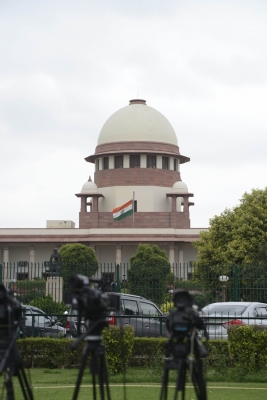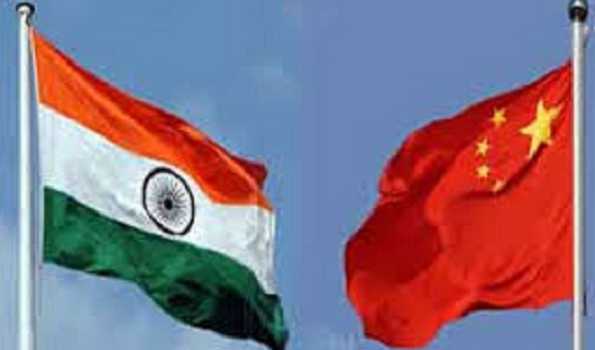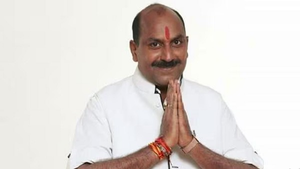
Mobilenews24x7 Bureau
Post the unfinished imbroglio over the Supremeourt Collegium for appointment of judges, there is another turf war over the appointment of the CEC and the EC which otherwise had been questioned by the apex court few months back.
Almost contradicting the stand of the Centre, the Supreme Court prevailed upon and ruled that besides the PM and leader of the opposition, the panel has to have the Chief Justice of India as a mandatory member of the panel to appoint the Chief Election Commissioner and the Election Commissioner.
Sizing down the government’s power to appoint Chief Election Commissioner and Election Commissioners (ECs), the Supreme Court Thursday ruled that they will be done on the advice of a committee comprising the Prime Minister, Leader of Opposition in the Lok Sabha and the Chief Justice of India.
Partly allowing a batch of petitions which sought an independent mechanism for their appointment, a five-judge Constitution bench presided by Justice K M Joseph said, “We declare that as far as the appointment to the post of Chief Election Commissioner (CEC) and the Election Commissioners are concerned, the same shall be done by the President of India on the advice tendered by a Committee consisting of the Prime Minister of India, the leader of the Opposition in the Lok Sabha, and in case there is no such leader, the leader of the largest party in the opposition in the Lok Sabha having the largest numerical strength and the Chief Justice of India”.
This will continue to hold good till a law is made by Parliament.
Article 324(2) of the Constitution says that the CEC and ECs shall be appointed by the President, with aid and advice of the Council of Ministers, till Parliament enacts a law fixing the criteria for selection, conditions of service and tenure.
The bench also comprised Justices Ajay Rastogi, Aniruddha Bose, Hrishikesh Roy, and CT Ravikumar.
In his separate concurring opinion, Justice Rastogi also said the protection available for the removal of CEC should also apply to that of Election Commissioners.
“In the facts and circumstances, keeping in view the importance of maintaining the neutrality and independence of the office of the Election Commission to hold a free and fair election, which is a sine qua non for upholding the democracy, it becomes imperative to shied the appointment of Election Commissioners and to be insulated from the executive interference. It is the need of the hour and advisable in my view to extend the protection available to the Chief Election Commissioners…to other Election Commissioners as well until any law is framed by the Parliament,” said Justice Rastogi.






